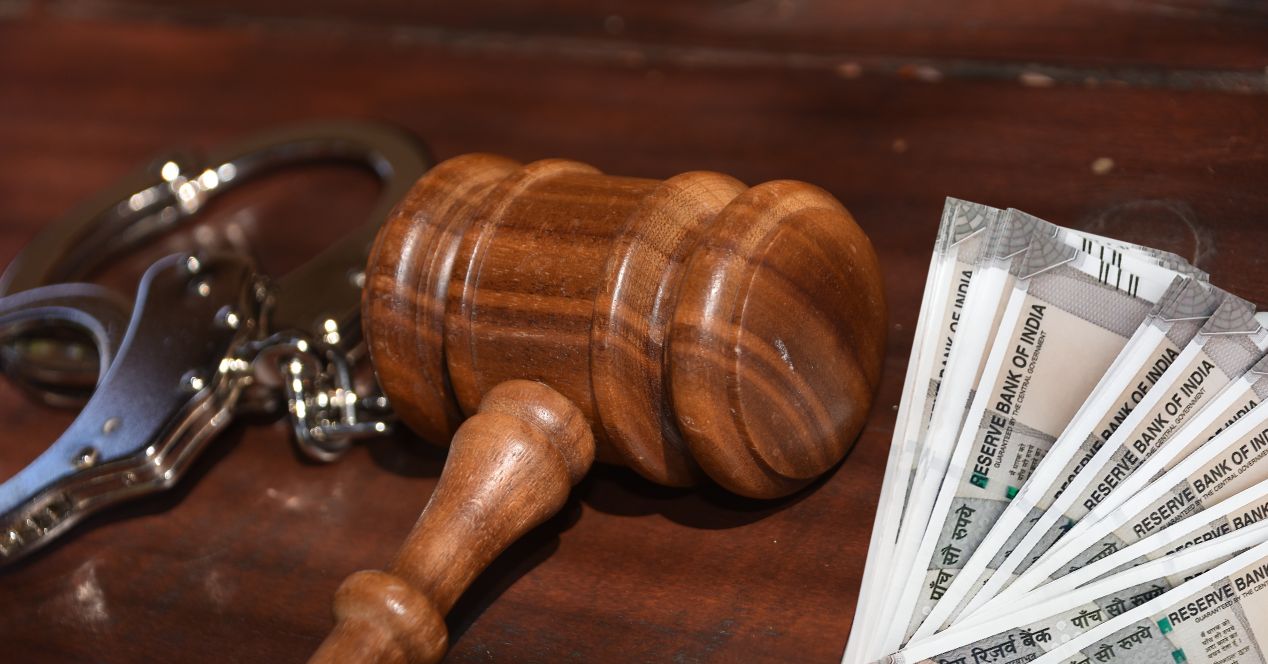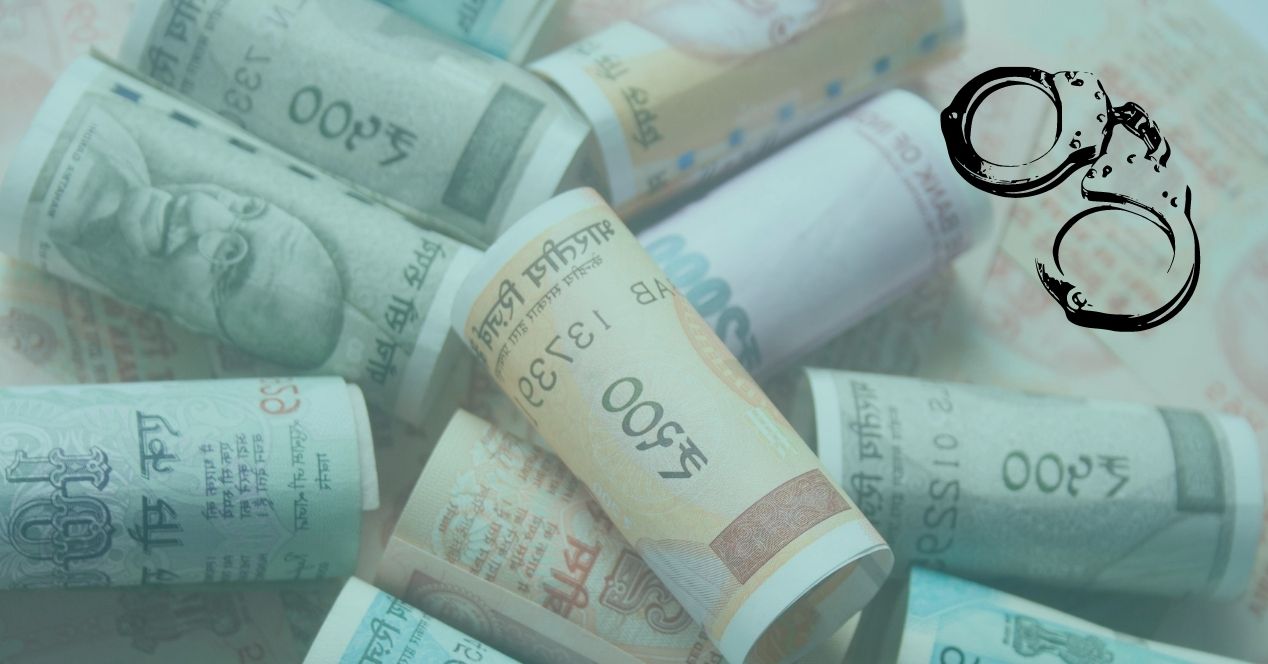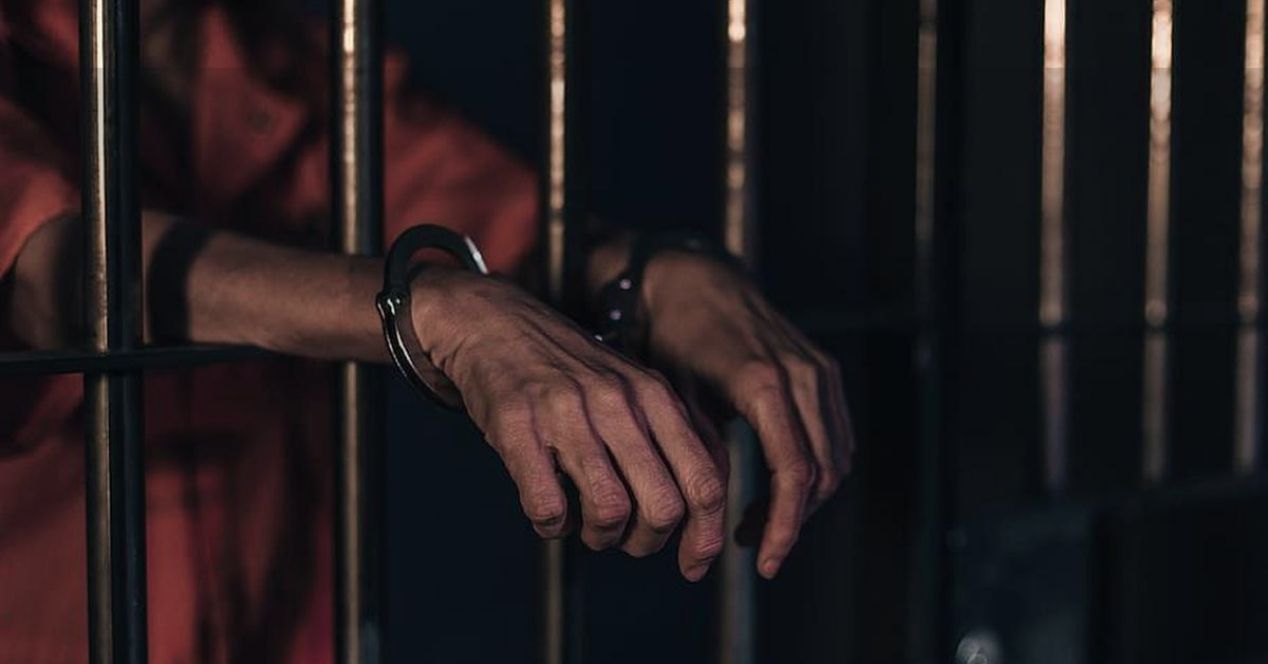Analysis
SC On PMLA: A Fine Balance?
DESK BRIEF: Will the Court continue to maintain a minimum interference policy in special criminal laws with PMLA?
From the days of TADA in the early 90s to UAPA in more recent times, the Supreme Court has only minimally interfered with ‘special’ criminal laws. These laws whittle down general criminal procedure to deal with ‘heinous’ crimes. If the past week’s hearings are any indication, this story is set to repeat itself with the Prevention of Money Laundering Act, 2002 (PMLA).
General criminal procedure, as contained in the CrPC and the Evidence Act, is based on essential principles of liberty such as the presumption of the accused’s innocence. Special laws turn settled criminal law principles on their head. The Court has so far accepted these subversions as necessary to curb crimes that are exceptionally heinous.
In the PMLA hearings this week, Senior Advocate Siddharth Luthra argued that the onerous conditions for bail under the PMLA reversed the presumption of innocence and violated the right to life and liberty. The Bench’s immediate response was telling. Justice A.M. Khanwilkar reminded Mr. Luthra that money laundering is a crime worse than murder and akin to terrorism as it destabilises the nation’s financial system.
The Bench has, in previous hearings, stated that it will balance the need to control this heinous crime with the constitutional rights of the accused. What powers will investigators lose in this process? What procedural safeguards will suspects gain?




